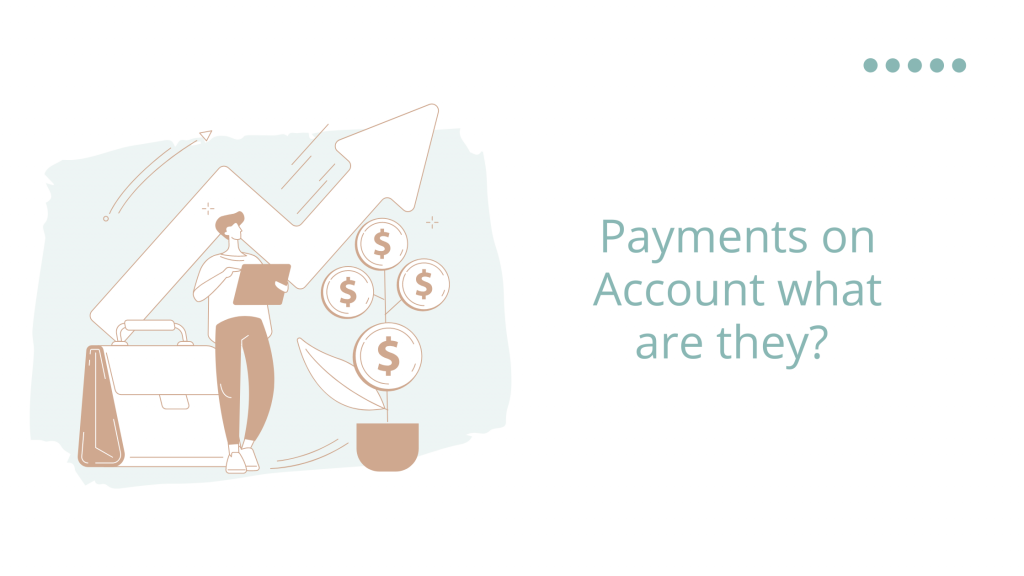‘Why is my tax so high?’
Often your tax liability can seem so high sudden due to payments on account.
What are payments on account?
Payments on account are advance payments towards your personal tax liability. There are two each year, the first due by 31 January and second due by 31 July.
You won’t have to pay them if your personal tax liability is less than £1,000 or you pay more than 80% of your tax at source (for example through a payroll)
If it’s your first year having to pay self-assessment payments on accounts your tax due figure can be a bit of a shock at first glance.
So, how are they calculated?
Each payment on account is 50% of your previous year’s tax liability.
Here’s an example:
It’s your first year and your 2022/23 tax liability is £2,000 and this is due by 31/1/2024.
You also have the payment on account for the 2023/24 tax year of 50% which is £1,000. Therefore, the total due by 31/1/2024 is £3,000.
You will then have a second payment on account due by 31/7/2024 of £1,000.
In your second year the 23/24 tax liability due is £3,000.
You have already paid £2,000 (2x£1,000) towards this from your payments on account. There is only £1,000 is left due to pay, this is called the balancing payment.
However, you have payments on account for 2024/25. Two payments of £1,500 each (£3,000 x 50% = £1,500).
Therefore, your tax payments due are as follows;
Balancing payment of £1,000 + payment on account for 24/25 £1,500 = £2,500 due by 31/1/2025
Due by 31/7/2025 payment on account for 24/25 £1,500.
You have therefore already paid tax totalling £3,000 for the tax year 24/25.
Capital gains tax liabilities are not included in the payments on account calculations these will be added to your balancing payment.
Reducing payments on account
If you know your next tax bill is going to be lower than last years you may be able to reduce your payments on account.
However, if you do reduce the payments on account and then underpay HMRC may charge you interest.
If you have overpaid, you will get a refund.
If you require any assistance with your personal tax returns, please do get in touch.
Get ahead, get it done.
Get in touch if you would like support with completing your tax return.
Ask me for my FREE 22/23 Tax Return Checklist
Thank you for reading this weeks blog – What Are Self-Assessment Payments On Account?
Flo
